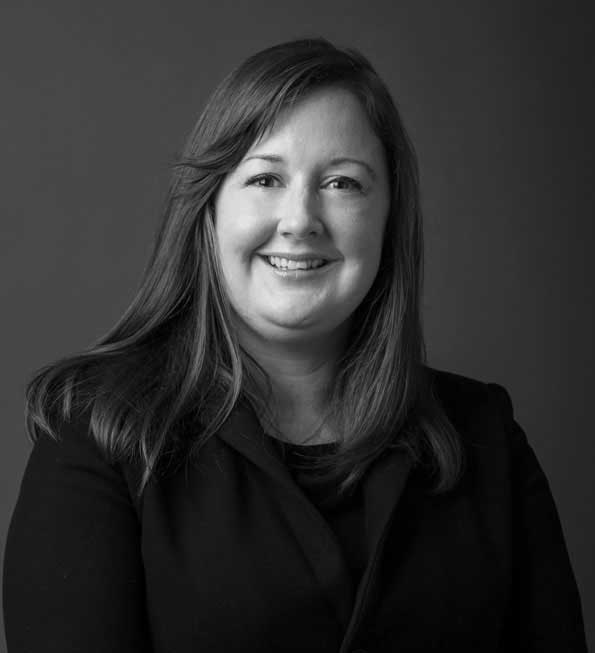Drones or Unmanned Aerial Systems (UAEs) have become increasingly popular and are now being sold online or on the high street in the thousands. However, because most drones have cameras fitted which record and store footage captured from the air, they can also present considerable privacy and data protection risks.
The privacy of individuals is likely to be invaded when drones capture footage of them in their home or gardens or other places where they have a reasonable expectation of privacy. The Information Commissioners Office (ICO) recommends that users of drones with cameras should operate them in a responsible way to respect the privacy of others. It is advised that drone users should consider their surroundings and should avoid hovering outside people’s windows or over their back gardens. The UK Government advises that drones should not be flown within 50m of a person, vehicles or building not under the pilot’s control. The Civil Aviation Authority regulates all aspects of drone use.
It is immaterial whether a person is included in the footage unintentionally rather than deliberately. In fact, in 2014 in Australia an estate agents firm used drone footage on a billboard to advertise a house for sale which inadvertently included an image of a topless sunbathing neighbour in her adjoining garden. The advertisement was removed when they were alerted to the infringement of privacy.
Unless there is a strong justification for doing so, and it is necessary and proportionate, drone recording should not be continuous. To reduce the risk of infringing the privacy of nearby individuals it is preferable for the device to have a camera on/off button which can be operated remotely.
It is also important to check the images carefully for private information before a decision is made to publish them online or elsewhere. If you are intending to share the images on social media then it is sensible to avoid posting any that could have unfair or harmful consequences.
The ICO also advises that if a drone has a camera, its use has the potential to be covered by the Data Protection Act 2018. This will include images of people and also information about people that is derived from images, such as car registration numbers. Individuals or organisations who use the device for professional or commercial purposes will need to comply with data protection requirements. The ICO Code for Surveillance Cameras and Personal Information (https://ico.org.uk/media/for-organisations/documents/1542/cctv-code-of-practice.pdf) recommends the use of a privacy impact assessment to evaluate whether the proposed use of the drone is necessary and proportionate.
It is essential to ensure that any data which has been collected by the drone is stored securely, for example by using encryption or another appropriate method of restricting access to the information. In addition, data should be retained for the minimum time necessary for its purpose and disposed of appropriately when no longer required.
Last month, Splash News and Picture Agency Limited apologised and agreed to pay substantial damages to the Duke of Sussex after using a helicopter to take photographs of his private home in the Cotswolds. The helicopter flew over the home at low altitude in order to take photographs of and into the living and dining area of the home and the bedroom. The Duke of Sussex claimed that this was a misuse of his private information, a breach of his right to privacy under Article 8 of the European Convention of Human Rights and a breach of the General Data Protection Regulation and Data Protection Act 2018.
Netrights lawyers can advise you if you have had your privacy breached by images from a drone or other aerial device. We can also help if you or your organisation want to start using drones without falling foul of privacy or data protection laws.
Laura Baglow is head of NetRights, the Social Media, Internet and Media law department of Parnalls Solicitors. For legal advice and assistance with drone footage or other images or footage please contact enquiries@netrights.co.uk or telephone 01566 772375. Find out more about NetRights here.
The contents of this article are for purposes of general awareness only and do not constitute legal or professional advice. The law may have changed since this article was published. Readers should not act on the basis of the information included and should take appropriate professional advice upon their own particular circumstances.

